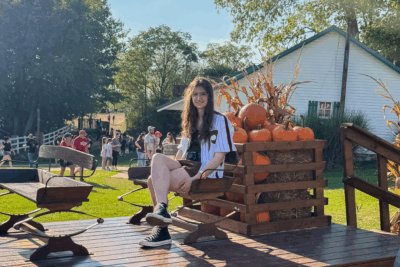This last weekend marked the 18th Religion and Science Conference held at Goshen College since 2001.
Each year, up to 50 pastors, scientists, mathematicians, theologians, and students gather to listen to three lectures by a main speaker, and then interact with pervasive subject matter in discussion groups.It is an opportunity to engage with people of different worldviews and beliefs and expand one’s own understanding beyond their sphere of experience.
This year, the speaker was Dr. Muzaffar Iqbal, a Sufi Muslim with a background in scientific research and Islamic study. He is the founder-president of the Center for Islamic Sciences and the editor of “Islamic Sciences”, a semi-annual journal that reflects an Islamic perspective on scientific innovation and discovery and its implications on the broader community and world.
He is also an editor of the Integration Encyclopedia of Islam, which comprises seven volumes and is the first English reference work on the Qur’an, based upon several centuries of Muslim academia and research.
Dr. Iqbal proposed many integral concepts throughout the course of the weekend, and the way he explained his ideas often involved a story or parable. He first made the point of changing the name of the discussion from “Islam and Science” to “Islam in Science,” implying that Science is a part of Islam, and vice versa.
He claimed that neither can exist without foundation in the other, and he made a point of acknowledging the cultural, political, and economic basis of the sciences. He acknowledged that they allow us to provide proof of supernatural things, but that often we find it difficult to provide proof of these things that cannot be seen. These things must be experienced, he said, and once they are experienced, their reality cannot be denied.
He presented a layered view of creation, and he called attention to the fact that humankind were brought into creation as “Rabb,” or sustainers and owners of the Earth. Dr. Iqbal acknowledged that a close relationship to the Earth, and thus to God, can ground us and fill us with hope.
“Only disbelievers fall into despair,” he said. “The others have hope in God’s abilities always.”
Emily Hilton Nickel, a sophomore attended the conference.
“Dr. Iqbal’s soft, careful voice and pithy, weighted responses drew respect from all who listened, and I feel so fortunate to have gotten the chance to interact with such a wise, seasoned expert in the fields of science and religion,” she said.

